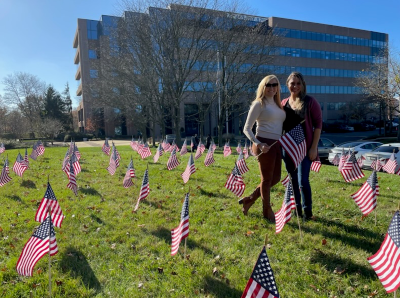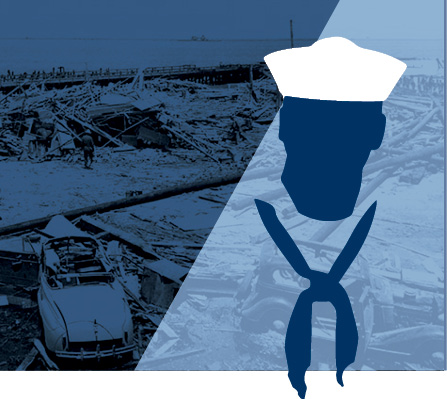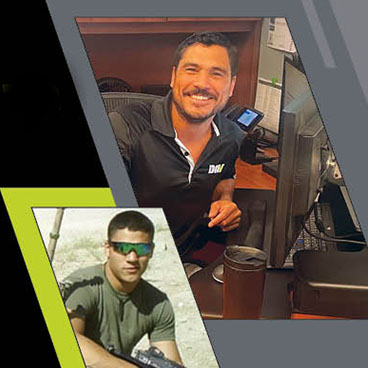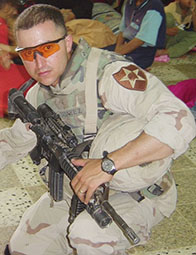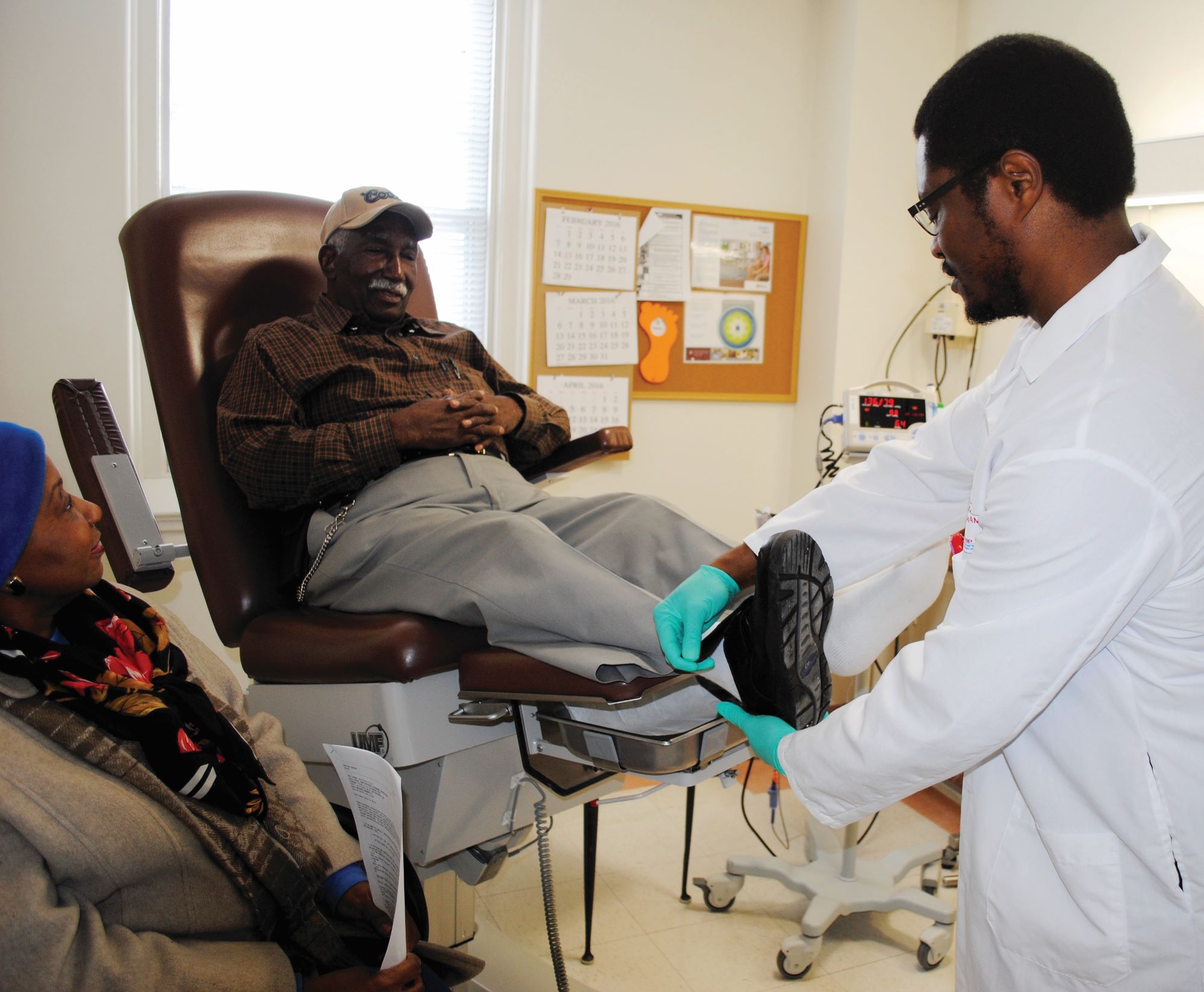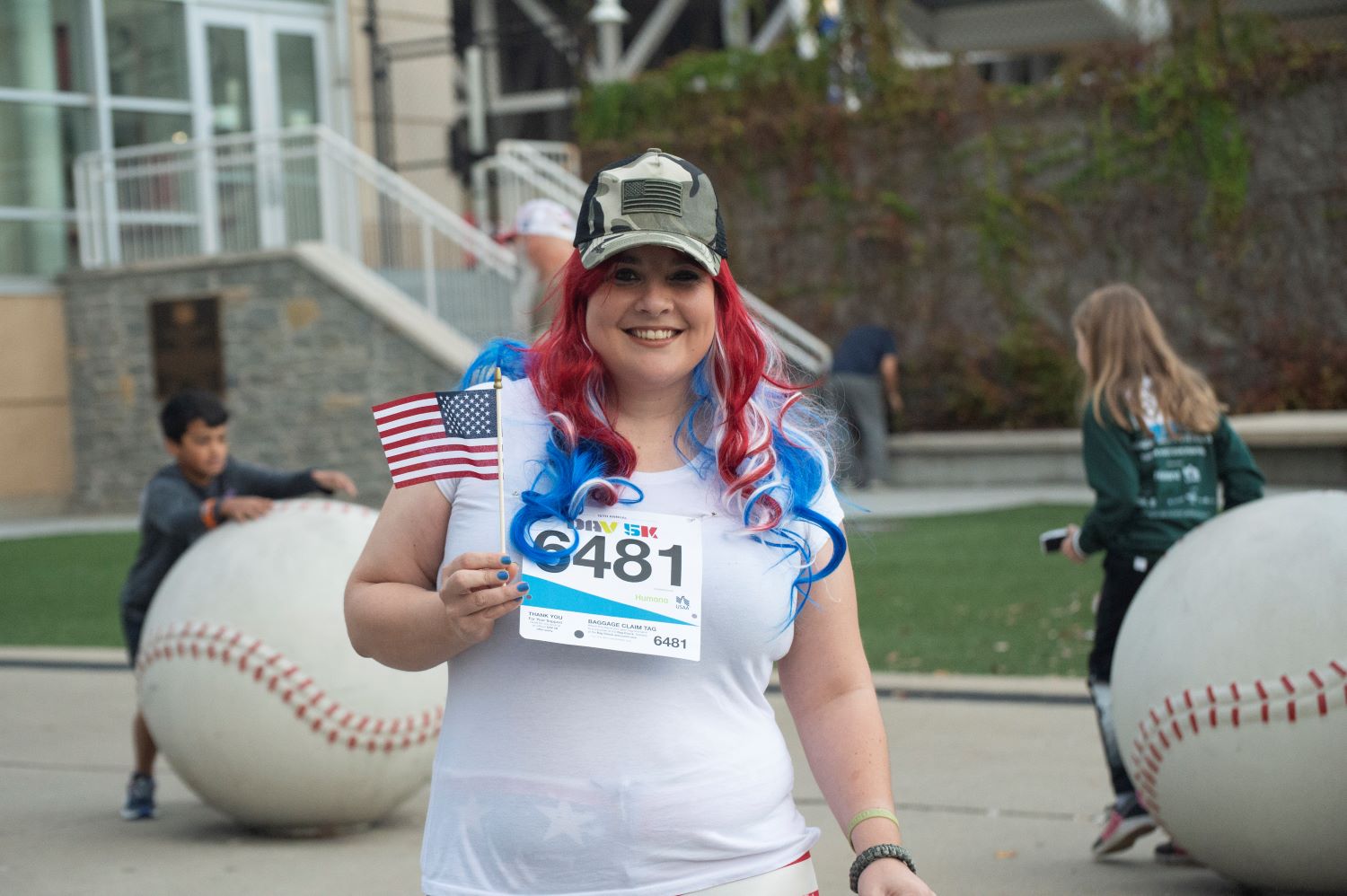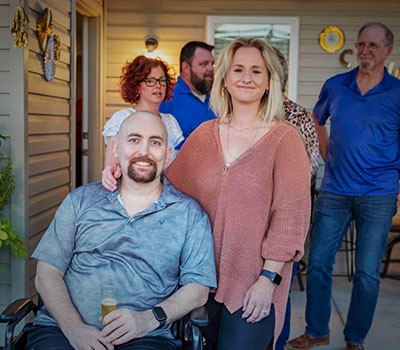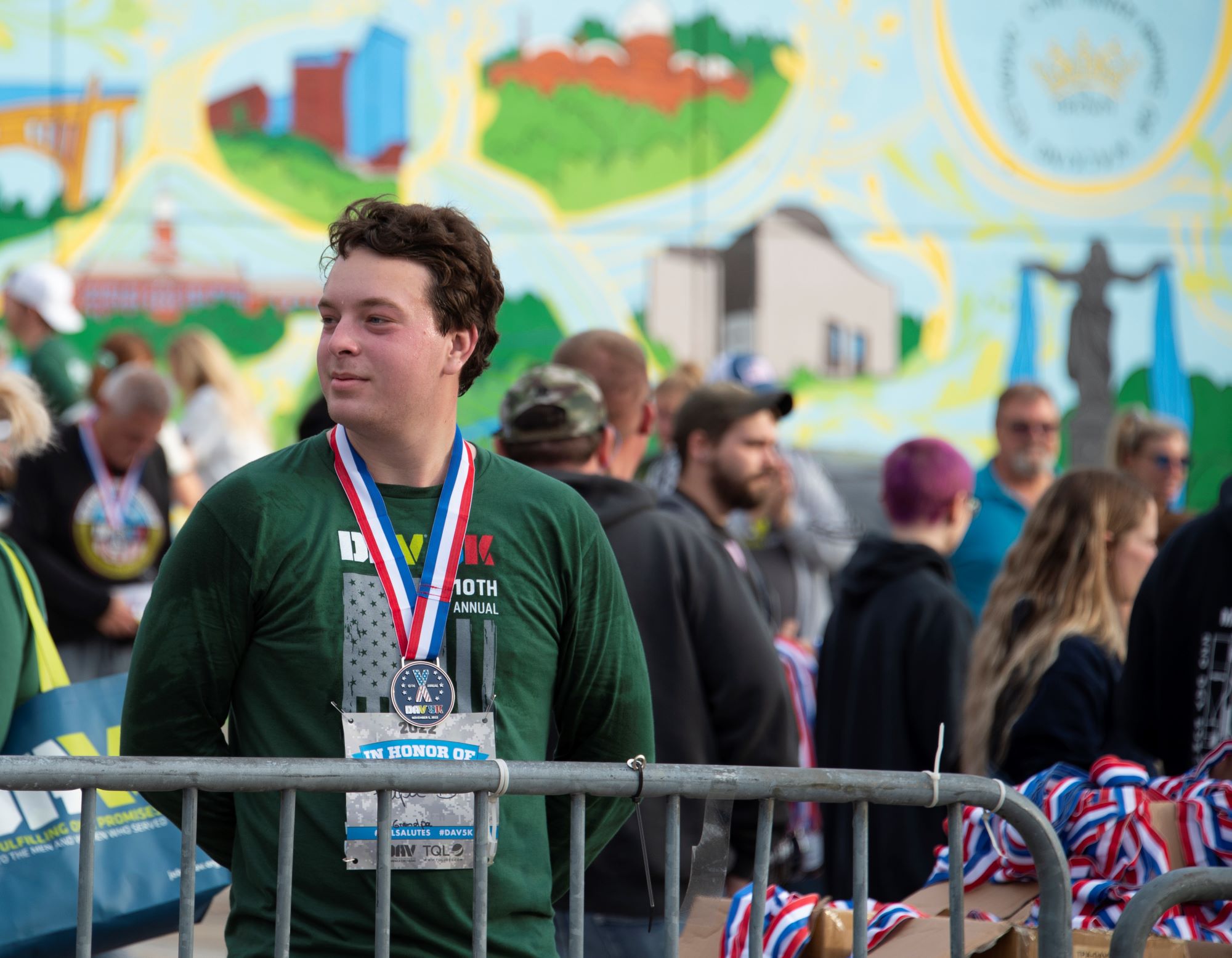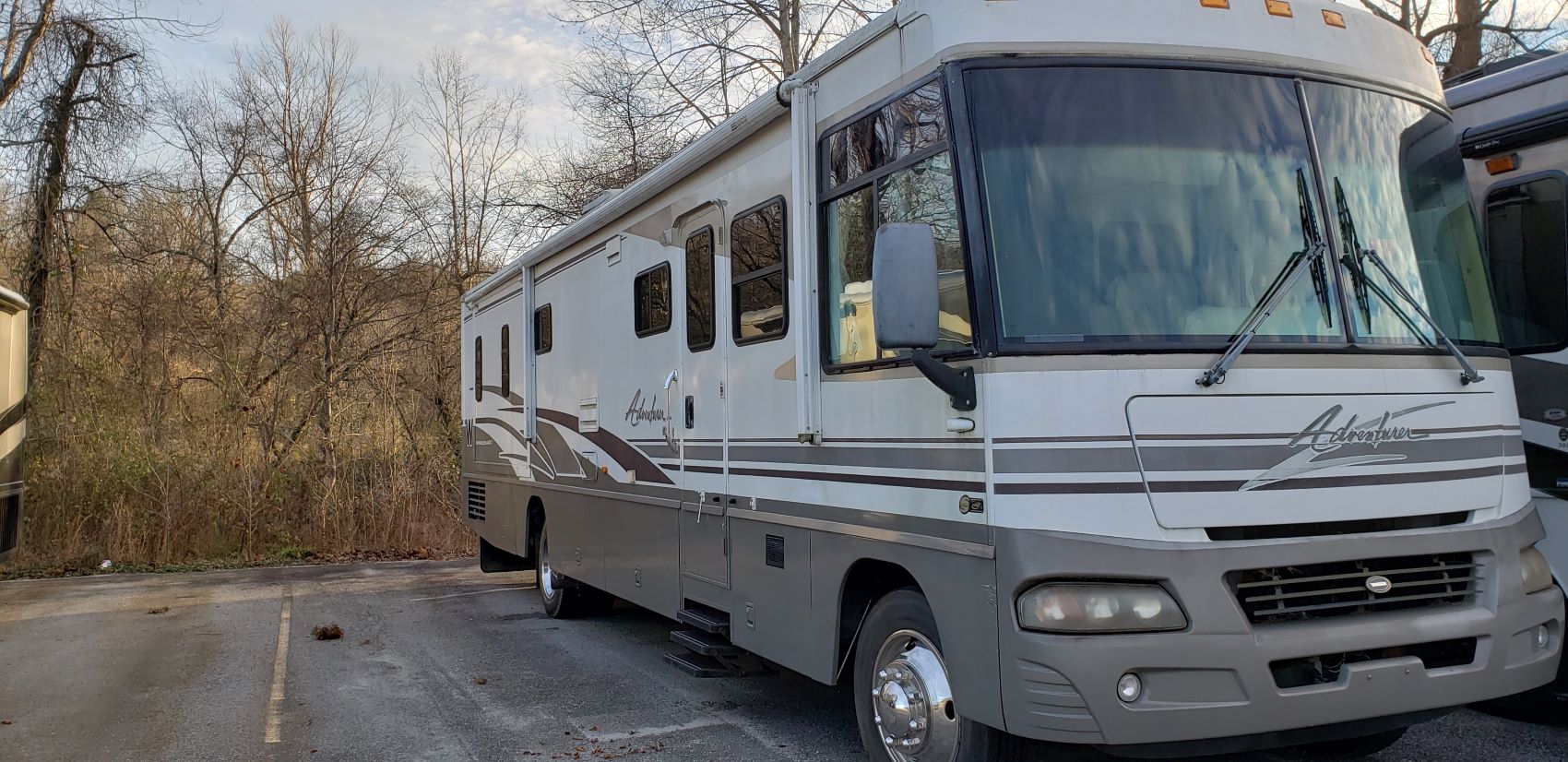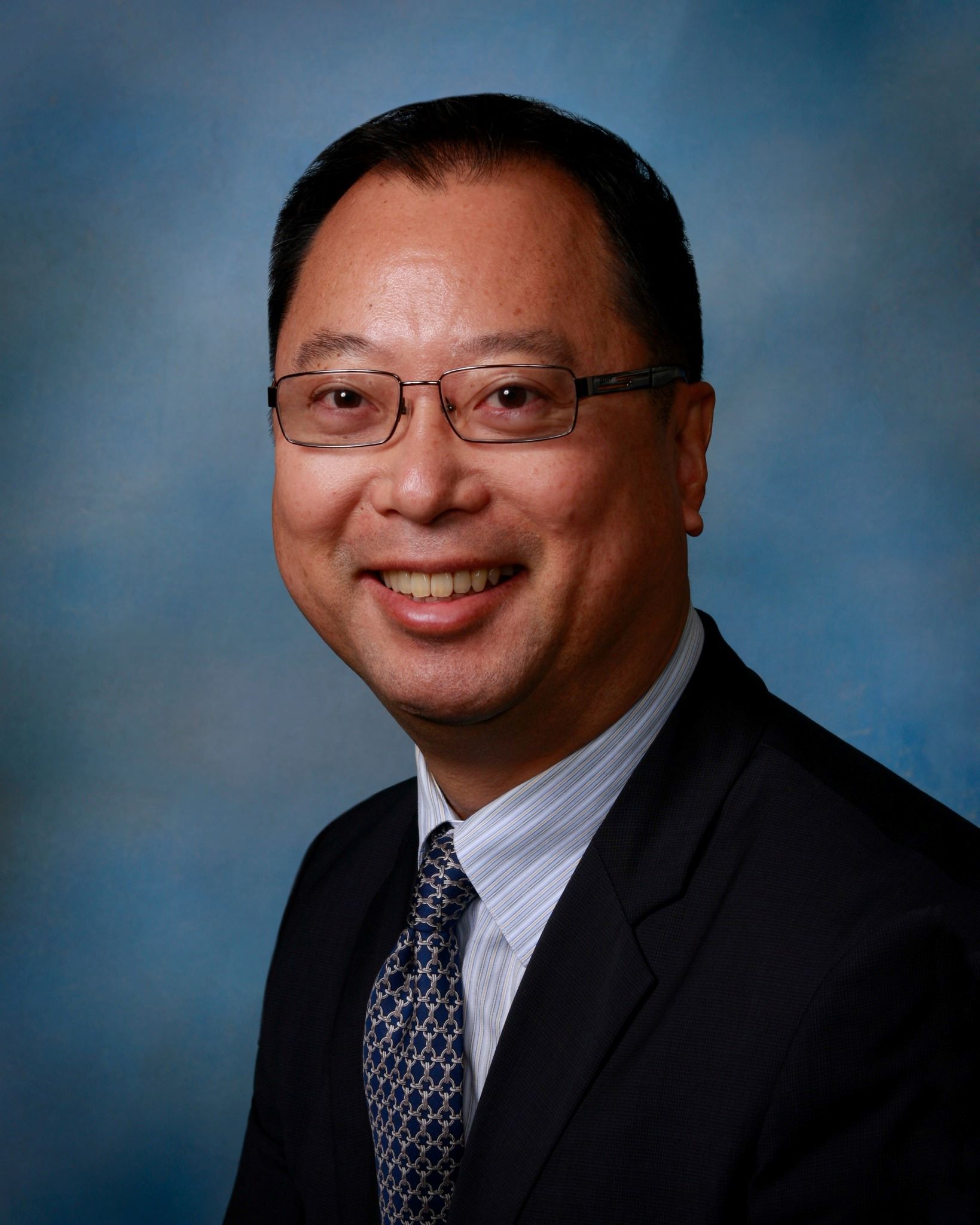All because of Judge Maney
DAV’s veteran of the year honored for overcoming adversity, helping others find redemption.
Patt Maney comes from a proud family tradition of military service stretching back to the French and Indian War, so his path to join the Army Reserve in 1971 was well laid before him.
What Maney couldn’t foresee, though, was the massive improvised explosive device blast that ripped through his armored vehicle in Afghanistan three decades later. And even less clear was the end point of the long, arduous path to recover from his injuries, including a broken nose, 27 cracked teeth, cartilage tears in both of his shoulders, sprained knees, nerve damage and a severe traumatic brain injury (TBI).
In 2005, about 50 miles outside of Kabul, Maney’s life changed in a literal flash. As an Army judge advocate general working as a political adviser to an Afghanistan Reconstruction Group, he was on a mission to find drinkable water when the explosion occurred.
“The blast went off immediately in front of the vehicle instead of under it,” said Maney. “We got blown into the air, then we fell down into the crater as we kept going forward.”
Though everyone survived the attack, Maney’s hard road to recovery was about to begin.
His most serious injury, the TBI, took away much of his cognitive abilities.
“He became a 56-year-old 6-year-old, and I had to learn how to deal with him and help him,” said Caroline Maney. “I was his full-time caregiver, and he needed assistance daily to get him from place to place.”
A veil of uncertainty shrouded Maney’s recovery, and his and Caroline’s future. Would he be able to return to the bench as a judge? Could he ever work again? These questions and others wouldn’t be answered until after dozens of hyperbaric oxygen therapy sessions, a treatment that forces blood to absorb more oxygen.
The results were astounding. Maney noticed a difference after a few weeks. “One of my doctors said, ‘You’re speaking in full sentences, and you’re maintaining eye contact,'” recalled Maney.
After a regimen of therapy sessions, multiple surgeries and 80 hyperbaric oxygen dives, Maney retired in 2007 as a brigadier general from the Army Reserve. His work with helping veterans, however, was just getting started.
Maney first contacted DAV at Walter Reed in 2006, while going through a Medical Evaluation Board. The Army had found him unfit for duty but concluded he had no long-term disabilities.
“DAV took it from ‘you’re out of the Army; have a nice day’ to ‘you’re out of the Army, but you’re going to receive disability compensation,’” said Maney, adding he joined DAV out of gratitude.
Maney returned to the bench in Okaloosa County, Fla., with a new sense of compassion for what veterans have gone through. “I learned firsthand how injuries could burden a veteran and their transition,” he said. “There needed to be a system to meet the unique needs of justice involving veterans whose illegal conduct can be related to military service.”
In 2011, he started the county’s Mental Health and Veterans Treatment Court, the first in the state.
Todd Blackburn, an Army Ranger made famous by the book and movie “Black Hawk Down,” understands more than most how the program can help. At a dark moment in his life, while self-medicating his service-connected injuries, he was involved in an altercation that landed him before Maney’s Veterans Treatment Court.
“I was able to clear my record up and find the help that I finally needed with the VA,” said Blackburn. “Veterans Treatment Court gave me a huge second chance, and it’s all because of Judge Maney.”
Judge Angela Mason, a mentee of Maney’s who now presides over the same Veterans Treatment Court, said his impact is immeasurable to both the community and the individual veterans who go through the program.
“Veterans have chosen to serve this country, to risk their lives for this country, and often come back with injuries that you don’t get in any other line of work, both physical and invisible,” she said. “The court system is not only to punish, but it’s also to rehabilitate and to help people.”
And it’s been working exceptionally well. According to Mason, the program has a 13% recidivism rate, less than half of the 30% rate in Okaloosa County documented in a 2018 Florida Department of Corrections report. To date, more than 30 counties in Florida have adopted a Veterans Treatment Court. The Florida statute establishing a Veterans Treatment Court system statewide is named after Maney, as is the street around the Okaloosa County courthouse.
Maney also finds and fosters community wherever he goes. He pushed for the establishment of a Department of Veterans Affairs Vet Center in Okaloosa County, helping hundreds of veterans each year with counseling and other rehabilitative services since 2011. He also spearheaded the Homeless Veteran Stand Down, an annual community-driven event that began in 2007, which has helped 1,200 homeless veterans to date in Okaloosa and Walton counties.
“This would be an impressive body of work for any individual,” said National Commander Dennis Nixon. “But what makes Judge Maney so exceptional is that this was all done after 20 intense months of healing at Walter Reed Army Medical Center. He used his own experiences and challenges to fuel his advocacy work for other veterans, and that’s what sets him apart.”
Maney acquired the bell from the USS Okaloosa—a World War II-era ship named after the county—and a Huey helicopter to honor those who served in Vietnam. Both are on display at the Destin-Fort Walton Beach Airport.
“You can feel the compassion that he has for his fellow veterans,” said DAV’s National 2nd Jr. Vice Commander Andy Marshall, who nominated Maney for the 2019 Outstanding Disabled Veteran of the Year award. “It’s great to have someone who is highly regarded, and a leader in the community, to be a member of the DAV.”
DAV assists veterans who have experienced a service-connected traumatic brain injury and their caregivers. Will you give today to ensure that our nation's heroes and their families are able to have access to the benefits they deserve?

